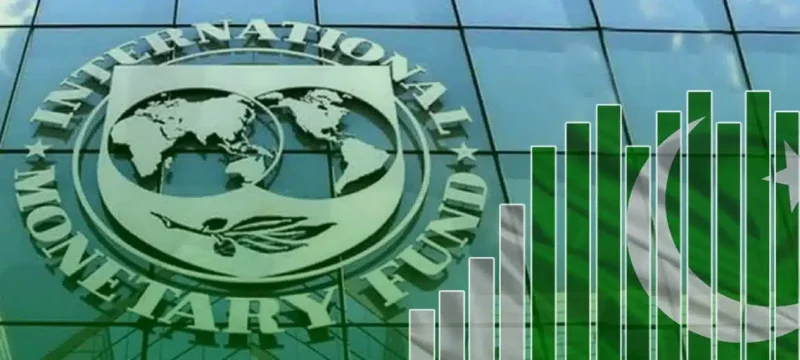ISLAMABAD: The government of Pakistan has made revisions to its budget in accordance with the demands of the International Monetary Fund (IMF), and it now expects an announcement from the global lending agency in the coming days regarding the much-needed bailout funds.
Read More: Pakistan is raising taxes even higher in order to secure an IMF loan.
According to an official, nearly all of the issues between the IMF staff and the Ministry of Finance were resolved just hours before the finance minister’s concluding speech on Saturday. The official added that the announcement of the successful completion of the ninth review is now a mere formality and a privilege of the IMF.
The official further stated that the IMF mission is now responsible for determining the exact dates for the approval of the lender’s executive board and the disbursement of funds. However, the official acknowledged that this is not scheduled until June 30, the expiration date of the $6.5 billion Extended Fund Facility agreed upon in 2019.
In recent developments, Prime Minister Shehbaz Sharif held consecutive meetings with IMF Managing Director Kristalina Georgieva in Paris last week.
A government official informed Dawn that the initial budget, presented on June 9, underwent significant changes after it had been thoroughly debated in parliament.
“This is the first time that the parliament passed a budget without prior discussion, and major adjustments were announced after the parliamentary debate concluded,” the official stated.
Read More: Ishaq Dar Announces Eid-ul-Azha Advance Salary
The revised budget includes additional tax measures amounting to Rs215 billion, a spending cut of Rs85 billion, the withdrawal of an amnesty on foreign exchange inflows, the lifting of import restrictions, a Rs16 billion increase in BISP (Benazir Income Support Programme) allocations, and the authority to raise the petroleum levy from Rs50 to Rs60 per liter.
Officials, however, emphasized that the increase in the petroleum levy will not be implemented on the first day of the upcoming fiscal year, which is July 1. In fact, authorities believe that the increase may not be necessary unless the consumption of petroleum products significantly declines from the already low levels.
Additionally, the government is engaged in discussions with the Islamic Development Bank to secure upfront disbursements from its announced portfolio of over $4 billion, which will help maintain low foreign exchange reserves until the arrival of IMF support.
The removal of import restrictions will also take some time to come into effect due to upcoming holidays and inherent administrative delays within the system.
The total foreign exchange reserves of $8.86 billion, including the central bank’s holdings of $3.54 billion, need to clear more than $4 billion in import consignments.
Esther Perez Ruiz, the IMF’s resident representative in Pakistan, did not respond to requests for comment.
Following the budget announcement on June 9, Ruiz publicly expressed concerns about the budgetary measures, stating that they missed an opportunity to broaden the tax base in a more progressive manner. She also criticized the long list of new tax expenditures, which she believed reduced the fairness of the tax system.
Ruiz further raised concerns about the new tax amnesty, which she believed went against the conditions and governance agenda of the IMF program and set a damaging precedent. She urged the government to refine the budget before its passage.
Authorities in Pakistan claim that these concerns have now been addressed and incorporated into the revised budget.









